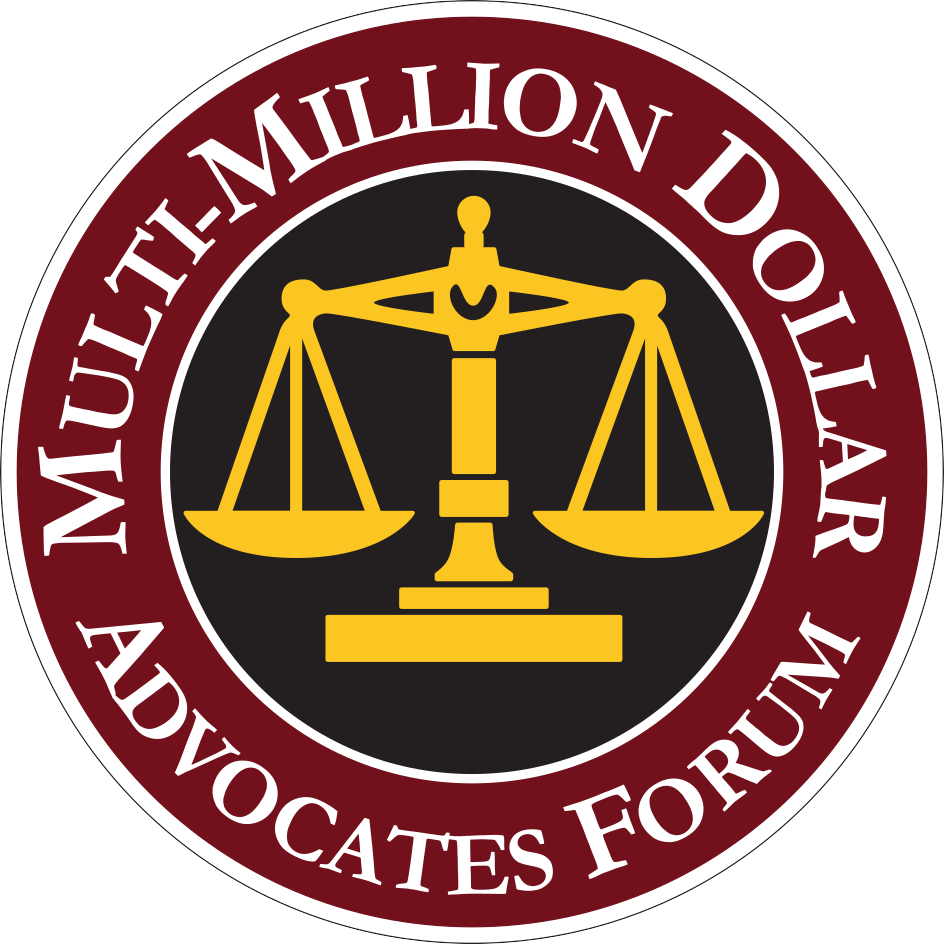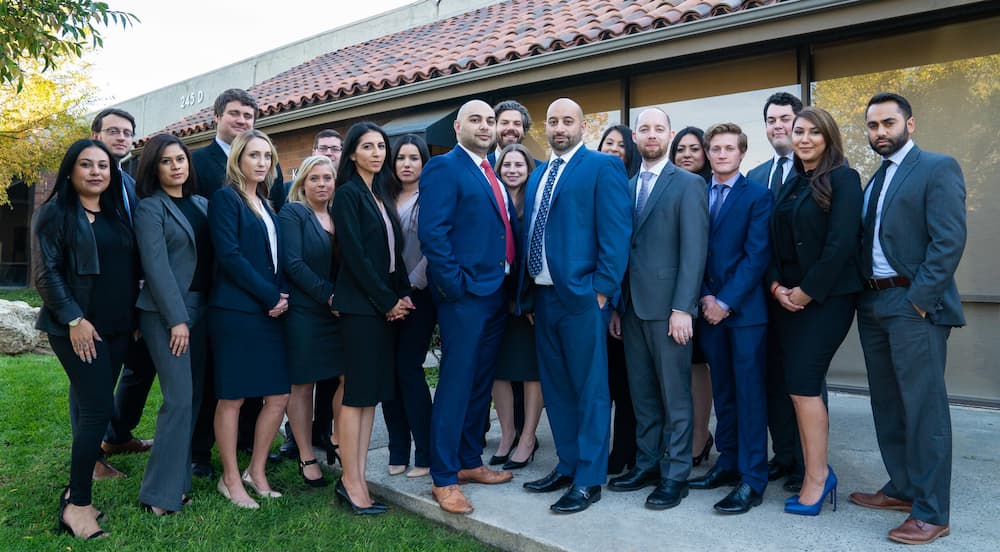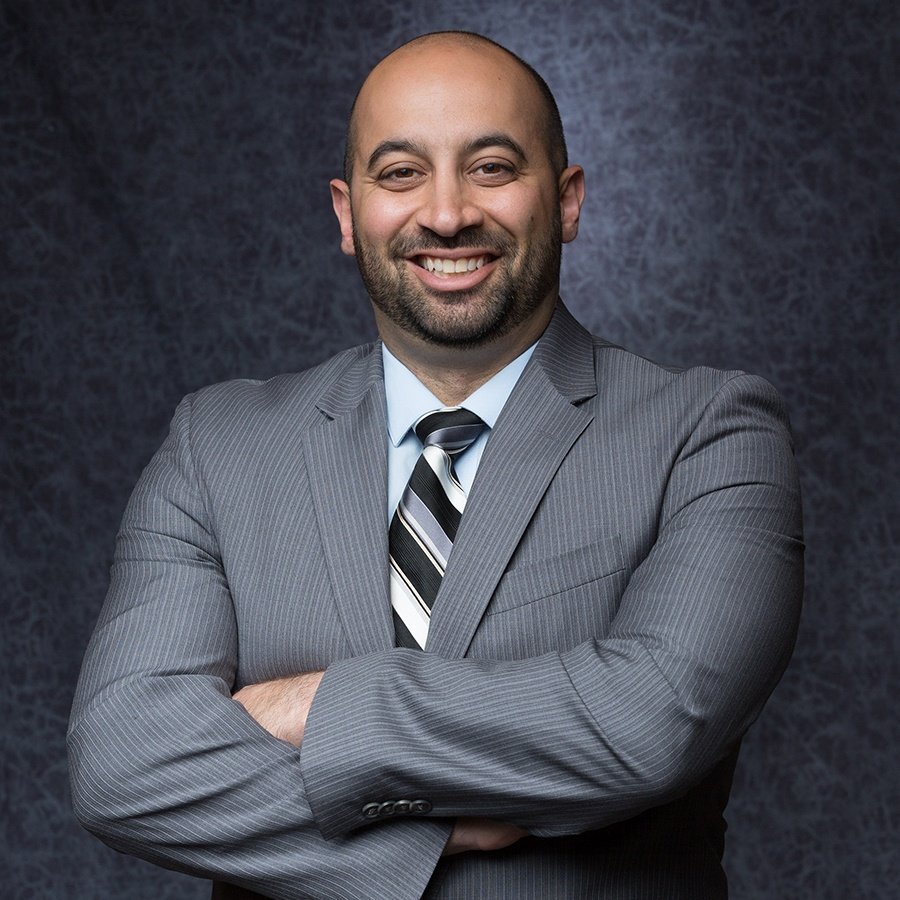The world of debt collection can be a source of immense stress and intimidation for individuals who find themselves in financially challenging situations, especially if they are the victims of unlawful debt collection practices. In such cases, it is imperative to have a thorough understanding of the Fair Debt Collection Practices Act (FDCPA) and the protections it offers to consumers.
If you are facing debt collection harassment in New Jersey, you need the help of a skilled New Jersey FDCPA lawyer to protect your rights. Dealing with aggressive debt collectors can be incredibly stressful and overwhelming, leaving you helpless and frustrated. However, you don’t have to face this battle alone. Our compassionate team at Kazerouni Law Group understands the emotional toll that predatory debt collection practices can take on individuals, and we are here to assist in fighting back. Take action today, and let us help put an end to the harassment and protect your financial well-being. Contact our firm today to schedule a consultation and explore your legal options.
REQUEST A FREE CASE EVALUATION
Why Choose Us

When it comes to fighting against FDCPA violations, you need a legal team with experience, knowledge, and a proven track record of success. That’s where Kazerouni Law Group comes in. Here’s why you should choose us:
Experience in Consumer Protection Law
With decades of experience handling FDCPA cases, our team at Kazerouni Law Group has the knowledge and skills to hold debt collectors accountable. We are well-versed in consumer protection law and deeply understand the FDCPA’s intricacies.
Proven Track Record of Success
Our firm has achieved numerous victories for clients in New Jersey and nationwide. We have successfully represented individuals who have been victims of FDCPA violations, ensuring they receive the compensation they deserve and holding debt collectors accountable for their actions.
Compassionate and Personalized Representation
At Kazerouni Law Group, we pride ourselves on our compassionate and personalized approach to representation. We understand the emotional toll that debt collection harassment can take on individuals and their families. Our team is dedicated to treating clients with respect and understanding during these challenging times.
Free Consultations
We offer free consultations for individuals in New Jersey who believe they may be victims of FDCPA violations. There are no upfront costs; we only get paid if we win your case. Contact us today to schedule a consultation and discuss your legal options.
Nationwide Recognition
Kazerouni Law Group has gained nationwide recognition as a leader in consumer protection law. We are firmly committed to justice for everyday people and advocating for their rights. When you choose us, you are choosing a legal team that will fight for your rights with passion and determination.
Our New Jersey office is conveniently located west of Highway 73 and east of the New Jersey Turnpike at:
3000 Atrium Way
Suite 200,
Mt. Laurel, NJ 8054
Understanding the Fair Debt Collection Practices Act (FDCPA)
The Fair Debt Collection Practices Act (FDCPA) is a federal law designed to protect consumers from abusive debt collection practices. It sets strict guidelines and regulations for debt collectors when interacting with consumers. By understanding the FDCPA and its provisions, you can identify violations and take appropriate action to protect yourself.
Overview of the FDCPA
The FDCPA was enacted in 1977 to safeguard consumers from unfair, deceptive, and abusive debt collection practices. Under this law, debt collectors are prohibited from engaging in actions that may harass, abuse, or intimidate consumers.
Prohibited Practices Under the FDCPA
The FDCPA outlines several practices that are strictly prohibited by debt collectors. These practices include:
- Harassment, threats, or intimidation: Debt collectors cannot use abusive language or engage in harassing behavior when communicating with consumers. They cannot make repeated calls with the intent to annoy, abuse, or harass the person on the other end.
- Contacting you at inappropriate times or places: Debt collectors must respect your privacy and not contact you before 8:00 a.m. or after 9:00 p.m. unless you permit them. They are also prohibited from contacting you at your workplace if they know your employer does not allow such communications.
- Misrepresentation of the amount owed or legal consequences: Debt collectors cannot deceive or mislead you regarding the amount you owe or the legal actions they can take against you if you fail to pay. They cannot falsely claim to be attorneys or threaten you with imprisonment.
- Unauthorized communication with third parties: Debt collectors are generally not allowed to disclose your debt or contact anyone else, such as your friends, family members, or employer, about your financial situation except to obtain your contact information. They must keep your debt private and respect your confidentiality.
- Use deceptive or unethical tactics to collect a debt: Debt collectors cannot engage in deceptive practices, such as pretending to be a government agency or misrepresenting their identity. They also must not use unfair or unconscionable means to collect a debt.
Common Violations in New Jersey

While debt collection violations can occur anywhere, residents of New Jersey often face specific challenges. Some common violations encountered by residents in New Jersey include:
- Persistent calls, often at inconvenient times: Debt collectors may repeatedly call consumers, causing unnecessary stress and anxiety. These calls can happen during working hours or even in the evening, disrupting their personal lives.
- Use of offensive or threatening language by debt collectors: Some debt collectors may resort to offensive or aggressive language when communicating with consumers. It not only violates the FDCPA but also inflicts emotional distress on the victims.
- False claims about legal action or wage garnishment: Debt collectors may make false claims, stating that they will take legal action against consumers or garnish their wages. This tactic is often used to intimidate and coerce individuals into making immediate payments.
- Attempts to collect on debts you do not owe: Debt collectors sometimes target the wrong person or try to collect on debts that have already been paid or settled. It constitutes a violation of their rights and can cause severe emotional distress.
- Contacting your friends, family, or employer without your consent: Debt collectors may contact your friends, family, or employer to collect the debt. However, they are only allowed to do so to obtain your contact information.
How a New Jersey FDCPA Lawyer Can Help
If you believe you are a victim of FDCPA violations in New Jersey, seeking the assistance of our FDCPA lawyers is in your best interest. Here are some ways in which a New Jersey FDCPA lawyer can help:
Protecting Your Rights
Our skilled FDCPA attorneys will ensure that debt collectors adhere to the rules and regulations established by the FDCPA. They will use their knowledge to review your case, identify violations, and take appropriate legal action to protect your rights.
Stopping Harassment
One of the primary roles of an FDCPA lawyer is to put an end to debt collection harassment. Through a formal notice, your lawyer can send a clear message to debt collectors, demanding they stop contacting you or subjecting you to further harassment.
Pursuing Compensation for Violations
In cases where the FDCPA has been violated, you may be entitled to compensation. Your New Jersey FDCPA lawyer can help pursue damages under the FDCPA, including statutory damages up to $1,000 per violation, emotional distress, and attorney fees.
Reviewing Debt Collection Practices
Your FDCPA lawyer will thoroughly review the debt collection practices involved in your case. They will assess whether the debt collector violated the FDCPA or other consumer protection laws and help build a strong case against them.
REQUEST A FREE CASE EVALUATION
Steps to Take if You Suspect FDCPA Violations

If you suspect that you are a victim of FDCPA violations in New Jersey, be sure to take the following steps:
Document Everything
Start by saving all communications from debt collectors, including voicemails, letters, and call logs. These documents will serve as valuable evidence of the violations.
Avoid Engaging With Aggressive Collectors
Limit your interactions with aggressive debt collectors and avoid providing them with additional information. This is vital to protecting your rights and preventing further harassment.
Consult Our New Jersey FDCPA Attorneys Immediately
Seeking legal help is critical in building a strong case against debt collectors who have violated the FDCPA. A seasoned FDCPA attorney from our firm can guide you through the legal process, protect your rights, and work toward a resolution that helps you regain control of the situation.
Common Myths About FDCPA Protections
Several myths surrounding FDCPA protections can prevent individuals from seeking the legal help they need. It is essential to debunk these myths and understand the true extent of the protections provided by the FDCPA.
Myth 1: The FDCPA Only Applies to Credit Card Debt
Contrary to popular belief, the FDCPA covers various types of consumer debt, not just credit card debt. It applies to debts like medical bills, personal loans, auto loans, and mortgages.
Myth 2: Debt Collectors Can Contact You at Any Time
Debt collectors are restricted in terms of when they can contact you. They are not allowed to call you before 8:00 a.m. or after 9:00 p.m. unless you permit them to do so. Understanding these restrictions can help identify violations.
Myth 3: You Can’t Sue a Debt Collector
If a debt collector has violated the FDCPA, you have the right to pursue legal action and seek compensation for the damages caused. An FDCPA lawyer from our firm can help you understand your options and guide you through the process.
Benefits of Taking Action Against FDCPA Violations

Taking action against FDCPA violations can have significant benefits for you as a consumer. Here are some of the key benefits:
Stop Harassment Permanently
By seeking legal help, you can regain peace of mind and freedom from abusive calls and threats. Putting an end to debt collection harassment can significantly reduce stress and improve your overall well-being.
Hold Debt Collectors Accountable
Legal action sends debt collectors a clear message that their unlawful practices will not be tolerated. You contribute to a fair and ethical consumer debt collection system by holding them accountable.
Protect Your Financial Well-Being
FDCPA violations can have a severe impact on your credit and financial health. By seeking compensation for the damages caused, you can mitigate the negative consequences and protect your financial future.
Frequently Asked Questions About FDCPA Violations in New Jersey
If you have further questions about FDCPA violations in New Jersey, here are some common FAQs:
What types of debts are covered under the FDCPA?
The FDCPA covers a wide range of consumer debts, including medical bills, personal loans, auto loans, credit card debt, and mortgage debt.
Can I still pursue a case if I owe the debt?
You can still pursue a case against debt collectors even if you owe the debt. The FDCPA applies regardless of the validity or amount of the debt.
How much time do I have to file a claim?
In New Jersey, the statute of limitations for FDCPA claims is generally one year from the violation date. However, consulting with one of our knowledgeable FDCPA lawyers is essential to understand the specific time limitations that apply to your case.
What if the debt collector is located outside of New Jersey?
The FDCPA applies to debt collectors across the United States, regardless of their location. If a debt collector has violated the FDCPA, you can pursue legal action irrespective of where they are based.

Contact Kazerouni Law Group Today

If you believe you are a victim of FDCPA violations in New Jersey, don’t wait any longer to seek legal help. Contact Kazerouni Law Group today for a free consultation. Our experienced New Jersey FDCPA lawyers will evaluate your case and provide you with the guidance and representation you need to protect your rights.
Take control of the situation and seek justice. Call (800) 400-6808 now and let us help put an end to debt collector harassment. At Kazerouni Law Group, we are skilled in protecting consumers' rights and have successfully helped countless clients in New Jersey fight back against unfair debt collection practices.